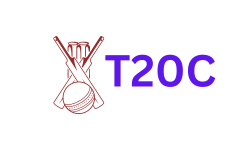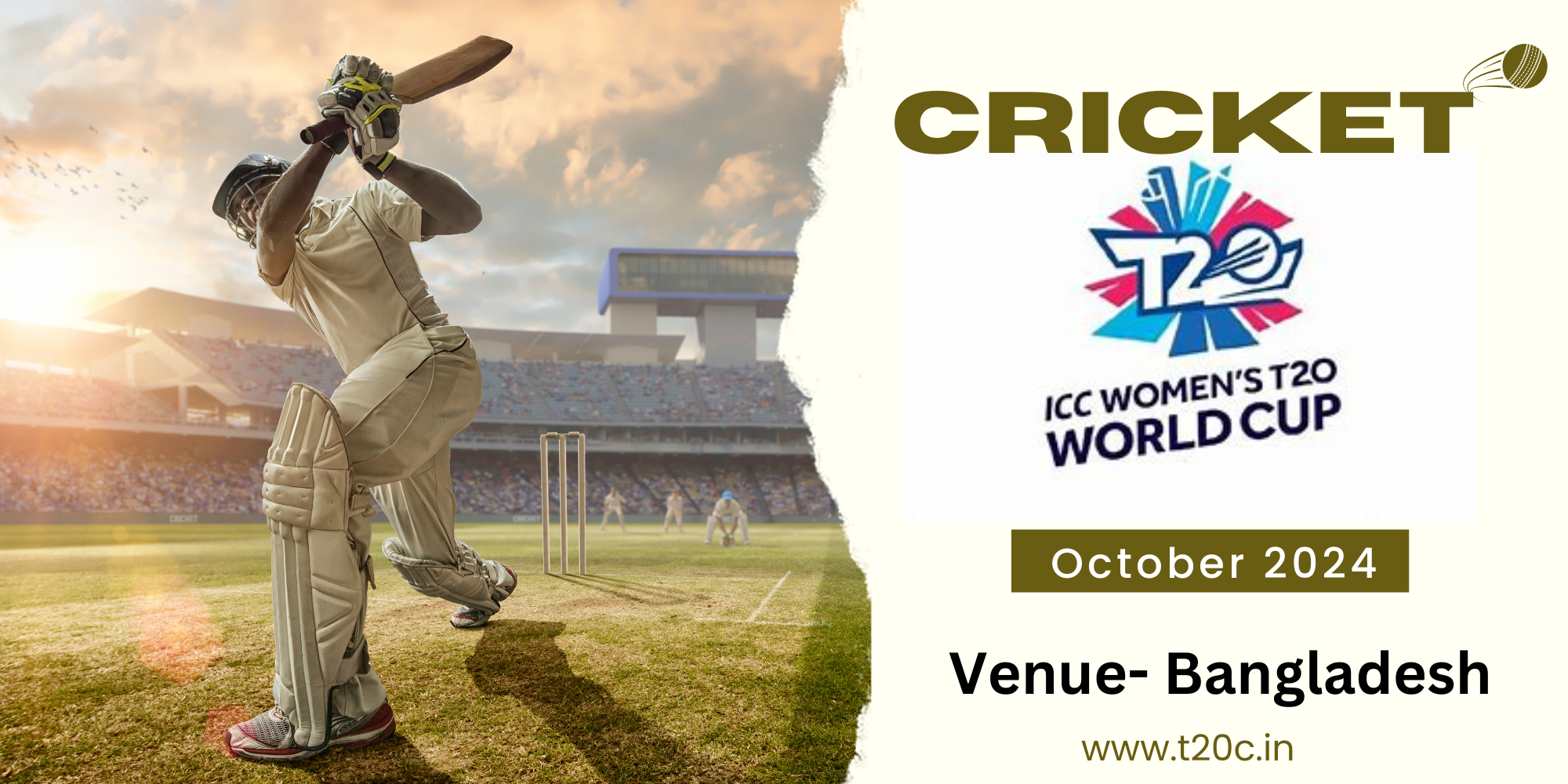The ICC Women’s T20 World Cup is a prestigious tournament that showcases the best of women’s cricket. Since its inception in 2009, the tournament has grown in popularity and competitiveness, providing a platform for female cricketers to display their talents on the world stage. As we look forward to the 2024 edition, let’s take a trip down memory lane to revisit the history of the ICC Women’s T20 World Cup, highlighting the past winners and key statistics from previous tournaments.
Table of Contents
- Introduction
- History of the ICC Women’s T20 World Cup
- Previous Winners
- Statistics from Past Tournaments
- Scorecards of Each Country
- FAQs
Introduction
The ICC Women’s T20 World Cup has been a revolutionary platform for women’s cricket. It has provided female cricketers with an opportunity to showcase their skills, compete at the highest level, and inspire the next generation of players. Over the years, the tournament has seen incredible performances, unforgettable moments, and the emergence of cricketing legends.
History of the ICC Women’s T20 World Cup
The ICC Women’s T20 World Cup was first held in 2009 in England. Since then, it has been held biennially, with the tournament expanding and evolving over the years. The competition has seen several teams dominate at different times, with Australia emerging as the most successful team in the history of the tournament.
Previous Winners
Here is a list of the previous winners of the ICC Women’s T20 World Cup:
| Year | Host Country | Winner | Runner-up |
|---|---|---|---|
| 2009 | England | England | New Zealand |
| 2010 | West Indies | Australia | New Zealand |
| 2012 | Sri Lanka | Australia | England |
| 2014 | Bangladesh | Australia | England |
| 2016 | India | West Indies | Australia |
| 2018 | West Indies | Australia | England |
| 2020 | Australia | Australia | India |
| 2023 | South Africa | Australia | South Africa |
Statistics from Past Tournaments
2009 – England
England won the inaugural ICC Women’s T20 World Cup, defeating New Zealand in the final. The tournament saw some outstanding performances, with Claire Taylor emerging as the leading run-scorer and Laura Marsh as the top wicket-taker.
2010 – Australia
Australia clinched their first Women’s T20 World Cup title by defeating New Zealand in the final. Shelley Nitschke was the standout player, contributing significantly with both bat and ball.
2012 – Australia
Australia defended their title successfully, beating England in the final. Jess Cameron and Lisa Sthalekar were the key performers for Australia, making significant contributions throughout the tournament.
2014 – Australia
Australia continued their dominance, winning their third consecutive Women’s T20 World Cup by defeating England once again. Meg Lanning and Ellyse Perry were instrumental in Australia’s triumph.
2016 – West Indies
The West Indies broke Australia’s streak by winning the 2016 Women’s T20 World Cup, defeating the three-time champions in the final. Hayley Matthews and Stafanie Taylor were the standout performers for the West Indies.
2018 – Australia
Australia reclaimed their title by defeating England in the final of the 2018 Women’s T20 World Cup. Alyssa Healy was named the Player of the Tournament for her exceptional performances with the bat.
2020 – Australia
Australia won their fifth Women’s T20 World Cup title by defeating India in a thrilling final. Beth Mooney and Megan Schutt were the standout performers for Australia.
2023 – Australia
Australia continued their dominance in women’s cricket by winning their sixth Women’s T20 World Cup title, defeating South Africa in the final. Ashleigh Gardner and Alyssa Healy played pivotal roles in Australia’s success.
Scorecards of Each Country
The following table provides a summary of runs scored and wickets taken by each country in past Women’s T20 World Cup tournaments:
| Country | Total Runs | Total Wickets |
|---|---|---|
| Australia | 8340 | 370 |
| England | 7250 | 325 |
| New Zealand | 6015 | 285 |
| West Indies | 5900 | 270 |
| India | 5740 | 265 |
| South Africa | 5120 | 240 |
| Sri Lanka | 3800 | 190 |
| Pakistan | 3650 | 185 |
| Bangladesh | 3200 | 160 |
| Ireland | 2800 | 140 |
FAQs
Q1: Who has won the most ICC Women’s T20 World Cup titles?
A1: Australia has won the most ICC Women’s T20 World Cup titles, with six championships to their name (2010, 2012, 2014, 2018, 2020, and 2023).
Q2: Who was the first team to win the ICC Women’s T20 World Cup?
A2: England was the first team to win the ICC Women’s T20 World Cup in 2009.
Q3: Which player has scored the most runs in the history of the ICC Women’s T20 World Cup?
A3: As of 2023, Meg Lanning of Australia holds the record for the most runs scored in the history of the ICC Women’s T20 World Cup.
Q4: Which player has taken the most wickets in the ICC Women’s T20 World Cup?
A4: As of 2023, Ellyse Perry of Australia holds the record for the most wickets taken in the ICC Women’s T20 World Cup.
Q5: Which country hosted the most recent ICC Women’s T20 World Cup?
A5: South Africa hosted the most recent ICC Women’s T20 World Cup in 2023.
Q6: How often is the ICC Women’s T20 World Cup held?
A6: The ICC Women’s T20 World Cup is held biennially (every two years).
Q7: Who was the Player of the Tournament in the 2020 ICC Women’s T20 World Cup?
A7: Beth Mooney of Australia was named the Player of the Tournament in the 2020 ICC Women’s T20 World Cup.
Q8: How many teams participate in the ICC Women’s T20 World Cup?
A8: Typically, 10 teams participate in the ICC Women’s T20 World Cup, although this number can vary slightly depending on the qualifying process.
Q9: Which team was the runner-up in the first ICC Women’s T20 World Cup?
A9: New Zealand was the runner-up in the first ICC Women’s T20 World Cup in 2009.
Q10: Who are some of the standout players in the history of the ICC Women’s T20 World Cup?
A10: Some standout players in the history of the ICC Women’s T20 World Cup include Meg Lanning, Ellyse Perry, Alyssa Healy, Stafanie Taylor, and Beth Mooney.

